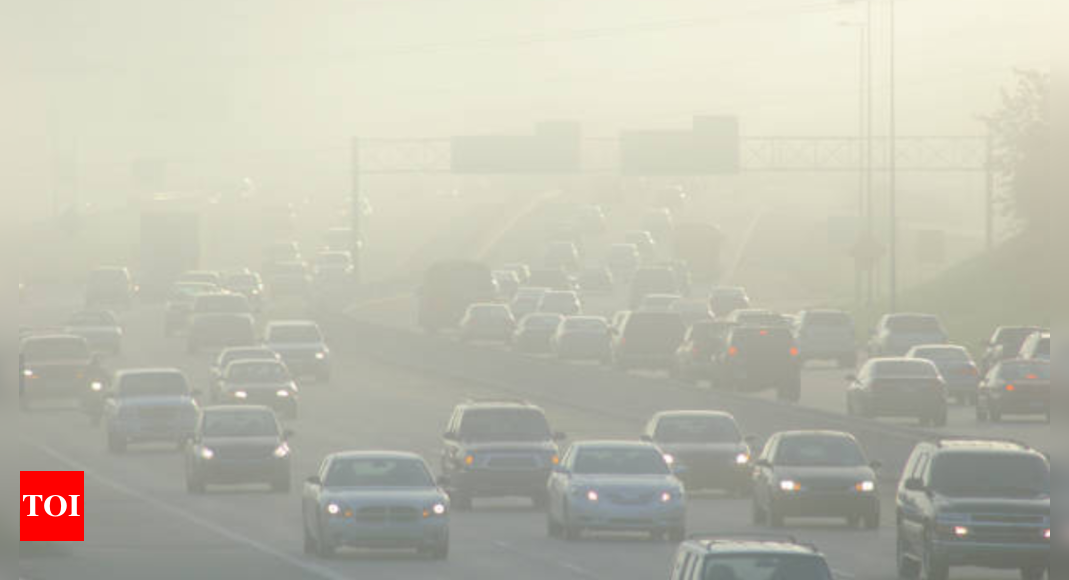Warning: Smog Season Looms Over India's Heart Health - Take Proactive Steps Now

Indian cities like Delhi, Mumbai, and Kolkata are bracing themselves for another hazardous smog season, which can have disastrous consequences for cardiovascular health. With air pollution levels set to skyrocket during the winter months, it is imperative that individuals take proactive steps to monitor their heart health and reduce their risk of heart attacks.
Monitor Blood Pressure: Regular blood pressure checks are crucial to identify potential hypertension or pre-existing heart conditions.
Staying Hydrated: Dehydration can exacerbate the impact of air pollution on cardiopulmonary systems. Drinking plenty of water is essential, especially during hot, smog-choked days.
Be Aware of Heart Stress Symptoms: Shortness of breath, chest pain, fatigue, and palpitations are all warning signs that may indicate cardiovascular issues. If you experience any such symptoms, seek medical attention immediately.
Schedule Regular Health Checks and Cardiac Screening: Early detection of heart problems is crucial in preventing serious complications. Regular check-ups with healthcare providers are essential during smog season.
Keep Track of AQI Levels: Air quality monitoring apps like AirVisual and AQICN provide real-time updates on pollution levels, allowing you to limit outdoor activities and protect your cardiovascular system.
Maintain a Healthy Diet: Eat foods rich in antioxidants, omega-3 fatty acids, and fibre to help reduce inflammation and protect your heart. Include more anti-inflammatory foods like berries, leafy greens, and nuts in your meals whenever possible.
According to the World Health Organisation, outdoor air pollution contributes to about 4.2 million premature deaths globally each year, with many linked to cardiovascular diseases .In India, smog season poses unique challenges for maintaining cardiovascular health, particularly due to the inflammatory and oxidative effects of air pollutants on the heart and vascular system. Preventive care strategies such as regular check-ups with healthcare providers, adherence to prescribed medications, and lifestyle modifications-play a pivotal role in mitigating the risks associated with poor air quality.
Take proactive steps today to monitor your heart health during smog season. With awareness and caution, you can significantly reduce your risk of serious complications associated with smog exposure, ultimately fostering a healthier heart and improving overall well-being.
